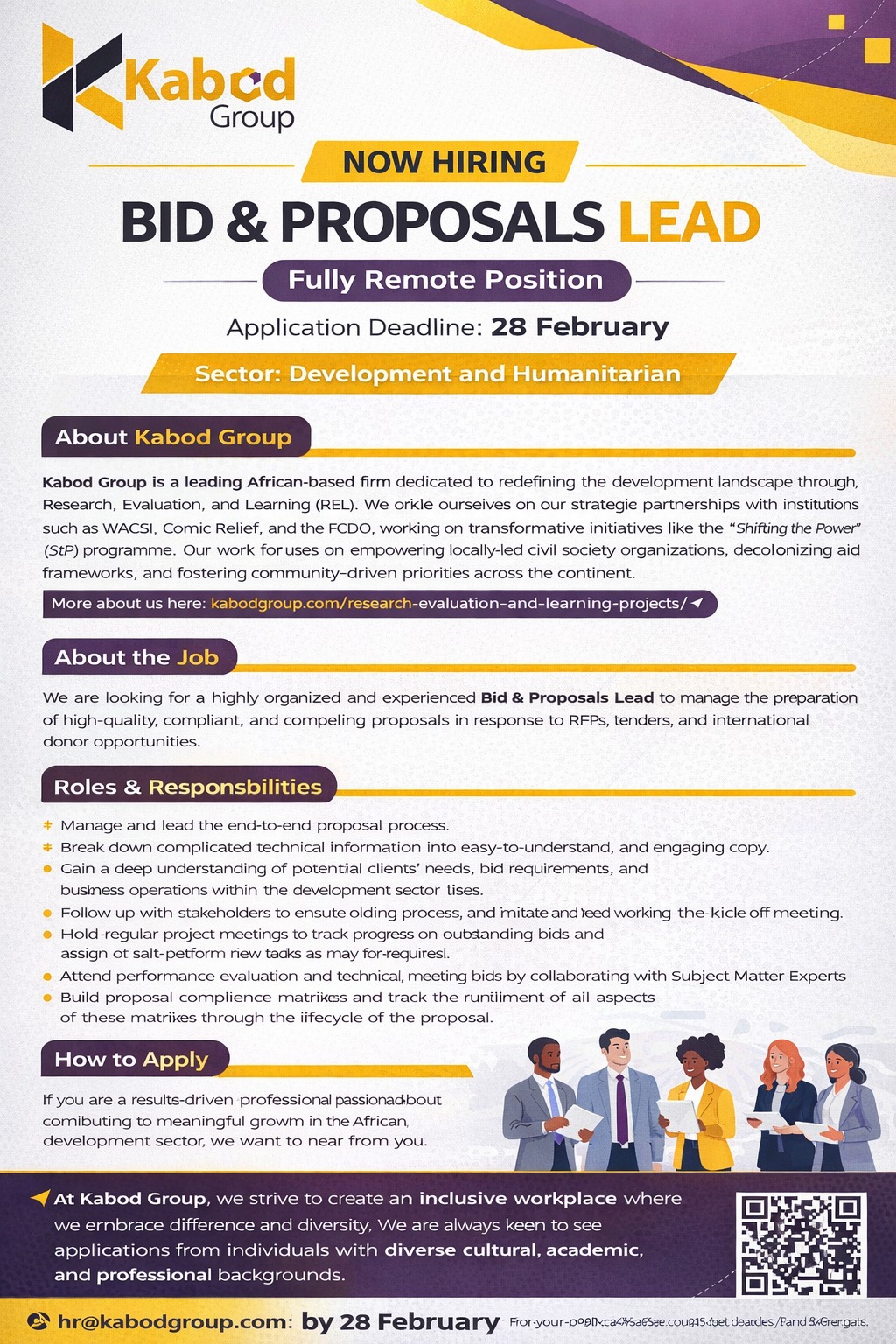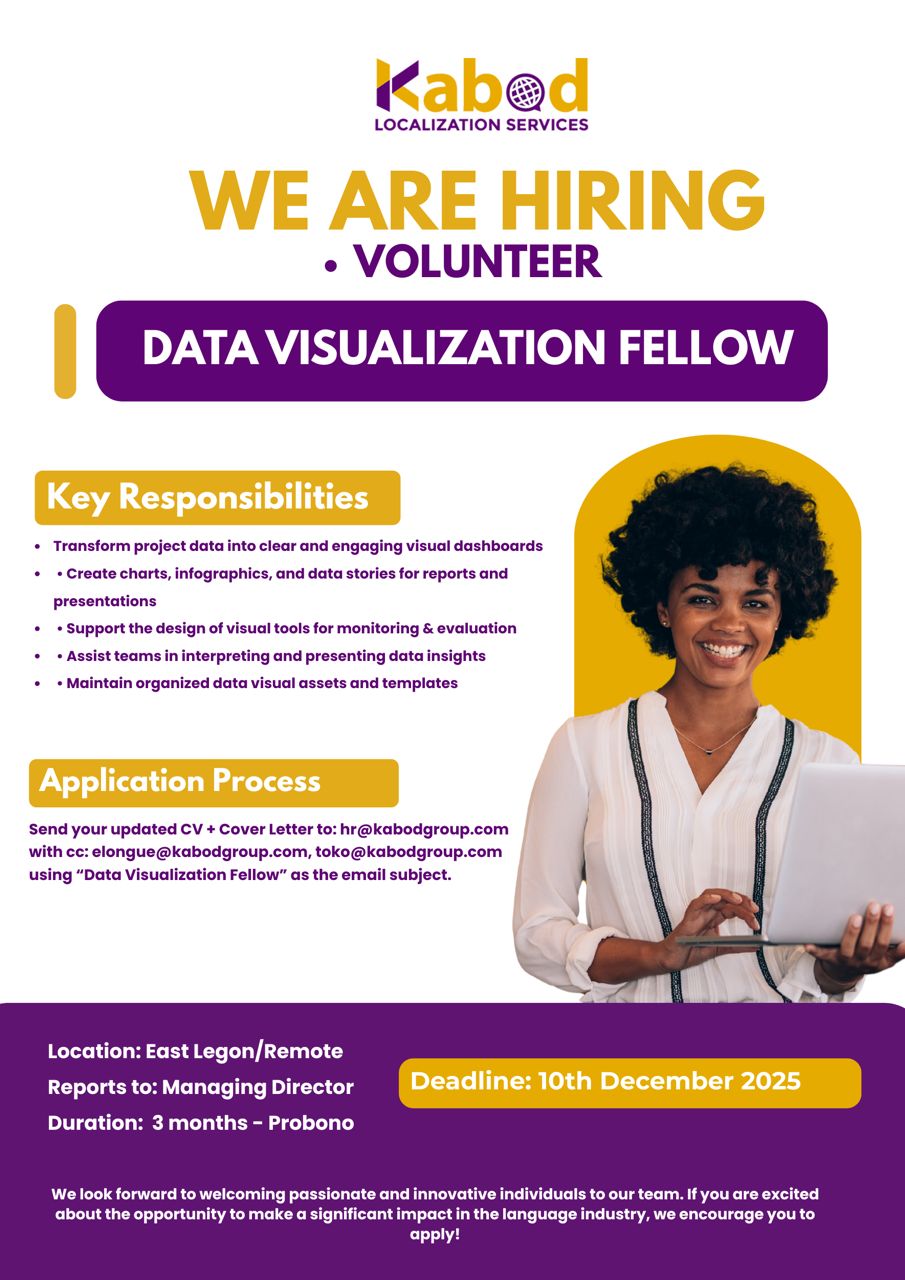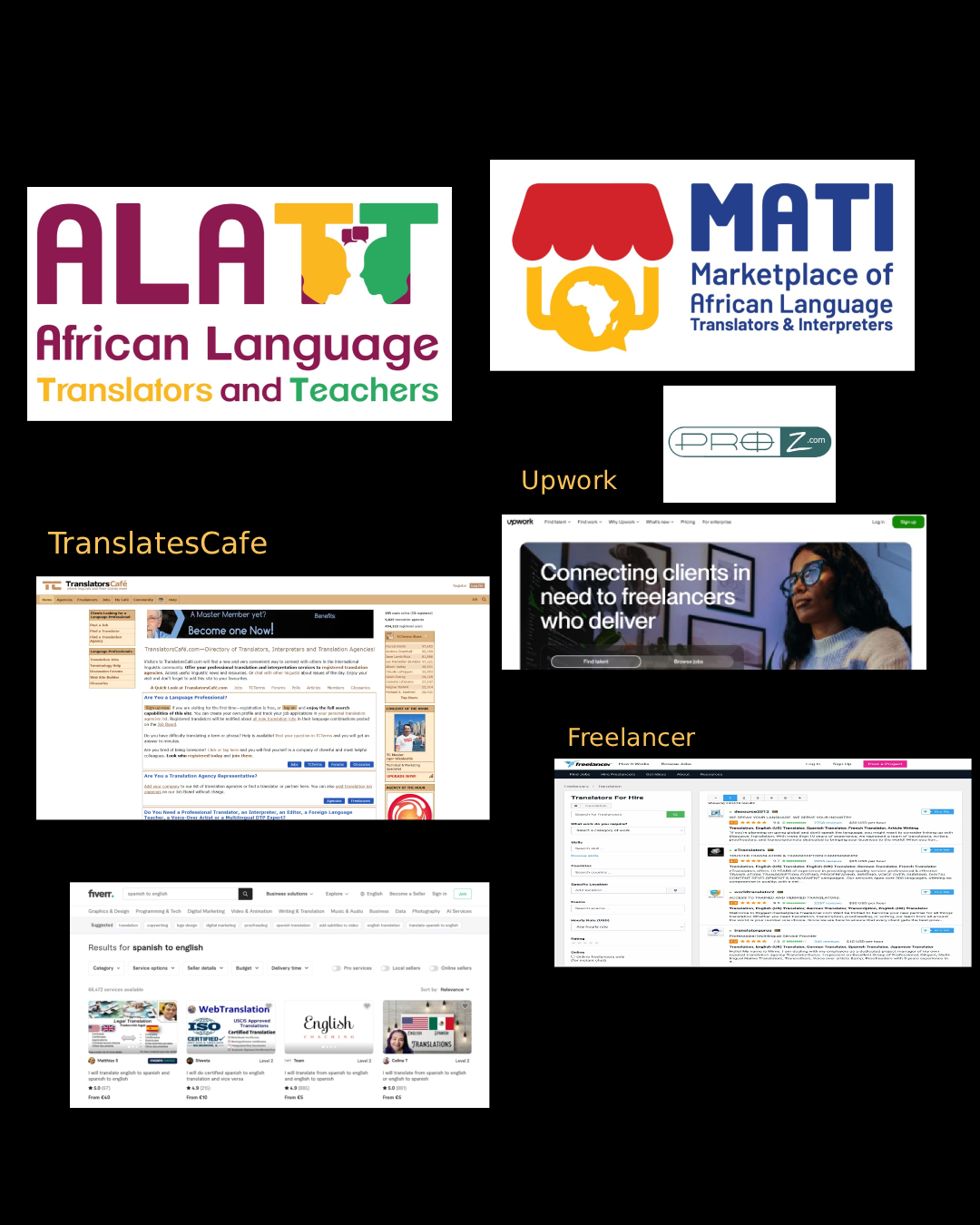Afrolinguals 3rd edition: Technology and innovations in Africa’s language service industry.
Theme: Transforming Africa's Linguistic Landscape Through Technology and Innovation
The Editorial Team of Afrolinguals is pleased to announce a call for contributions for its 3rd edition , focusing on Language Technology and Innovations in the Language Service Industry across Africa. This edition aims to explore and document how technology is reshaping language services and creating new opportunities for professionals across the continent.
We invite language professionals, practitioners, innovators, and thought leaders to share their experiences, insights, and perspectives on the intersection of technology and language services in Africa.
About Afrolinguals
Afrolinguals is a leading publication that amplifies African voices in the global language industry. Our publication provides a platform for knowledge exchange, professional development, and networking among language professionals across Africa and beyond.
Focus Areas & Sub-themes
Contributors are invited to address one or more of the following subthemes:
1. AI and Machine Translation Developments
- The evolution of MT for African languages
- Post-editing practices for African language pairs
- AI tools developed for/by African language professionals
- Ethical considerations of AI in African language contexts
2. Digital Language Documentation and Preservation
- Technology-driven approaches to documenting endangered African languages
- Digital archives and databases for language preservation
- Community involvement in digital language documentation initiatives
- Open-source tools for language documentation
3. Localization Innovations
- African-led localization solutions for global products
- Cultural considerations in localization for African markets
- Challenges and solutions in localizing content for diverse African audiences
- Case studies of successful localization projects
4. Interpreting Technologies
- Remote interpreting platforms and their impact in African contexts
- Technology-assisted interpreting in multilingual African settings
- Training and adaptation to new interpreting technologie
- Access and infrastructure challenges for digital interpreting
5. Voice Technology and Speech Recognition
- Development of speech recognition for African languages
- Voice-over technologies and accessibility
- African voice talents in the global market
- Text-to-speech applications for African languages
6. Digital Language Learning and Teaching
- Online platforms for African language learning
- Mobile applications promoting multilingualism
- Technology in translator and interpreter training
- Digital resources for language education
7. Language Data and Corpus Development
- Building corpora for under-resourced African languages
- Data collection methods and challenges
- Privacy and ownership concerns in language data
8. Digital Accessibility and Inclusion
- Technologies bridging linguistic divides
- Inclusive design in language technologies
9. Entrepreneurship in Language Technology
- African startups in the language technology space
- Business models for sustainable language tech enterprises
- Funding opportunities and challenges
- Success stories and lessons learned
10. Future Trends and Opportunities
- Emerging technologies and their potential impact
- Preparing the next generation of language professionals
- African perspectives on global language technology trends
- Vision for technology-enabled linguistic diversity
Submission Formats
We welcome contributions in various formats:
• Feature Articles (1,500-2,500 words): In-depth analysis of trends, challenges, or
innovations
• Case Studies (1,000-1,500 words): Detailed examination of specific projects or
implementations
• Interviews (800-1,200 words): Conversations with industry leaders or innovators
• Opinion Pieces (800-1,200 words): Personal perspectives on industry developments
• Technical Reviews (1,000-1,500 words): Evaluations of language technologies or tools
• Visual Content: Infographics, data visualizations, or photo essays with accompanying text
• Short Reports (500-800 words): Brief insights on specific developments or events
Submission Process
1. Abstract Submission: Submit a 250-300 word abstract of your proposed contribution
along with a author bio (100 words) to languages@kabodgroup.com by 20th May 2025
2. Initial Review: We will review all abstracts and notify contributors by 25th May 2025
3. Full Submission: Selected contributors will submit their full articles by 30th May 2025
4. Peer Review: All submissions will undergo a peer review process by experts in the field.
5. Revision: Authors may be asked to revise their contributions based on reviewer feedback.
6. Final Acceptance: Final notification of acceptance will be sent by 5th June 2025
7. Publication: The 3rd edition of Afrolinguals will be published in end June 2025
Submission Guidelines
• All submissions must be original.
• Submissions could be in English, French, or Swahili.
• Use accessible language that a diverse audience can understand.
• Include practical examples of your work as a language professional
• Provide high-resolution images, charts, or graphics that enhance your content (if
applicable).
• Submit files in .docx, .rtf, or Google Docs format.
Innovator Profiles
For this special edition, we will also be profiling individuals and organisations leading innovative language technology initiatives in Africa. To nominate yourself or someone else for a profile feature, please send:
• Name and contact information of the nominee
• A brief description (300-500 words) of their innovative work or contribution
• Any relevant links to projects, websites, or social media
• A high-resolution photo of the nominee (if available)
Benefits Of Contributing
Contributors to Afrolinguals will enjoy numerous benefits, including:
• Visibility: Share your expertise with a diverse, international audience of language
professionals, academics, and industry leaders.
• Establish yourself as a thought leader in Africa’s rapidly evolving language technology field.
• Connect with fellow contributors and readers, potentially leading to collaborations and
partnerships.
• Receive constructive feedback from peers and experts in the field.
• Contribute to and learn from a growing body of knowledge on African language technologies.
• Help shape the discourse around language technology in Africa and influence future
developments.
• Featured contributors will receive a dedicated author profile on our platform.





